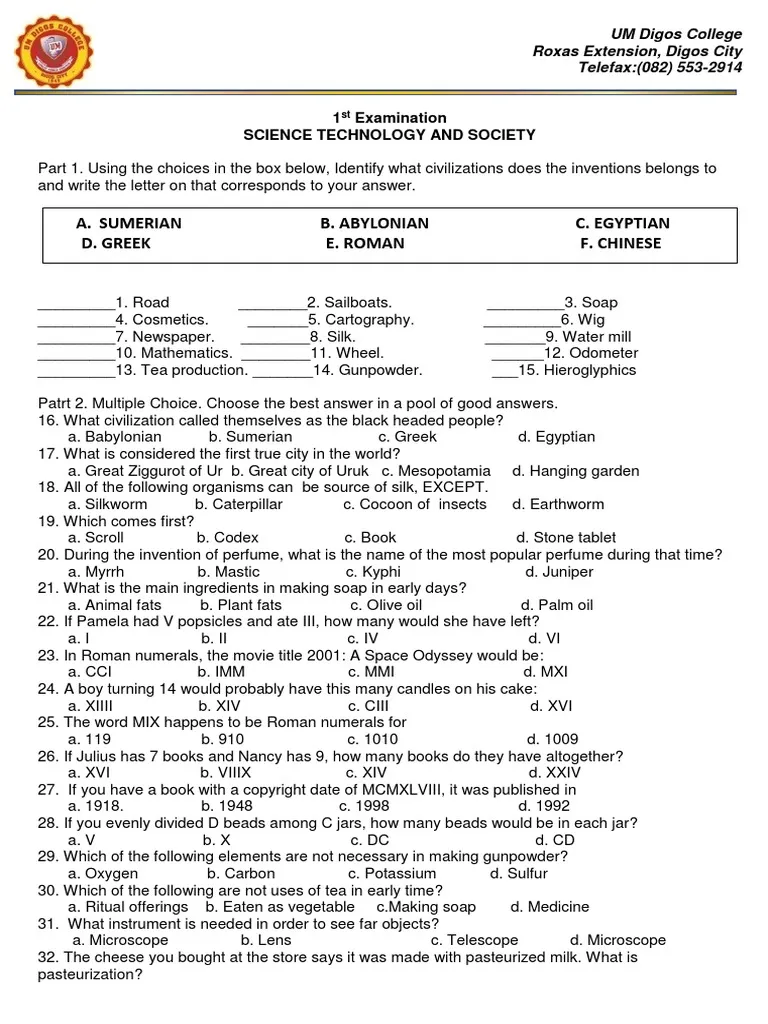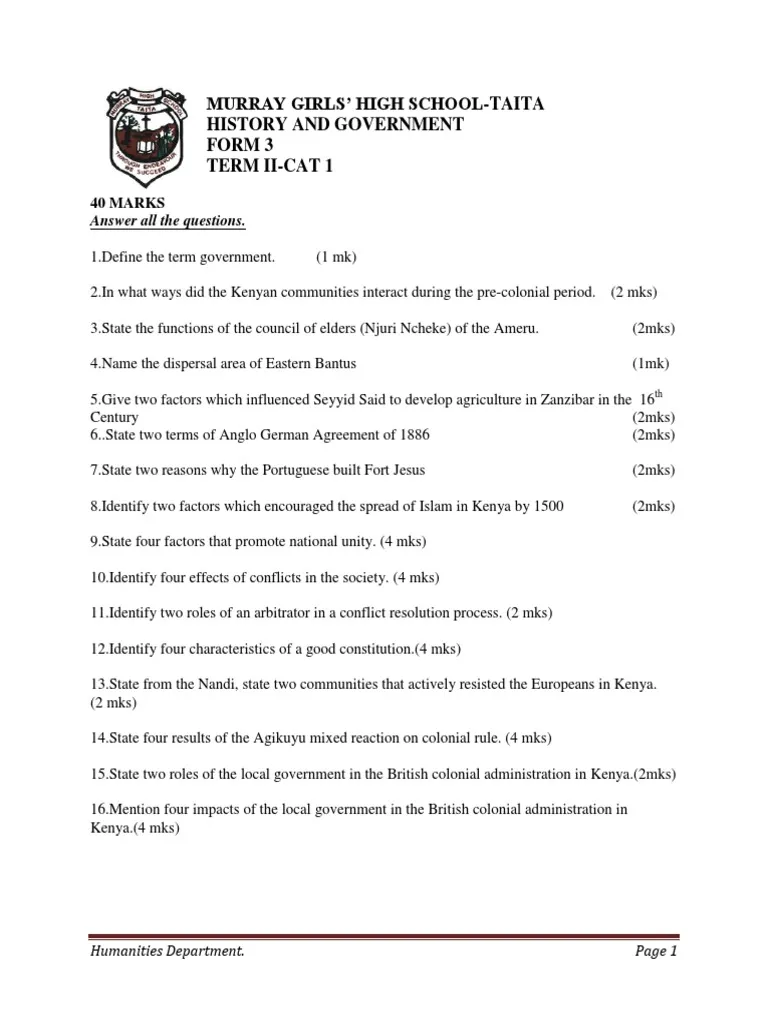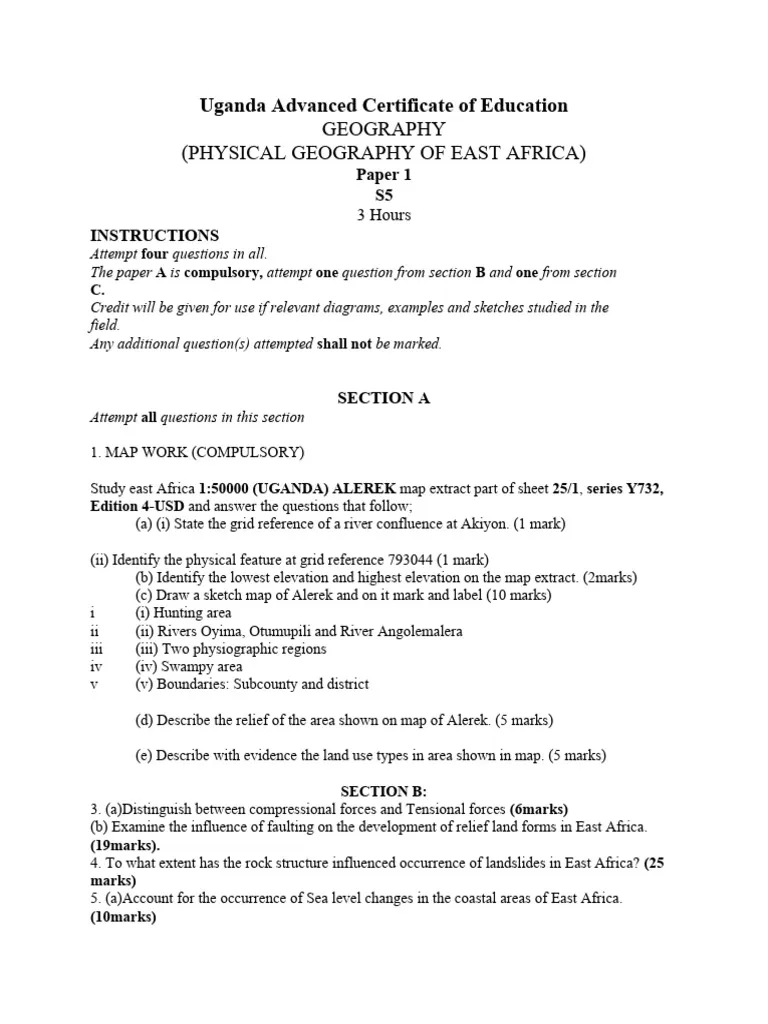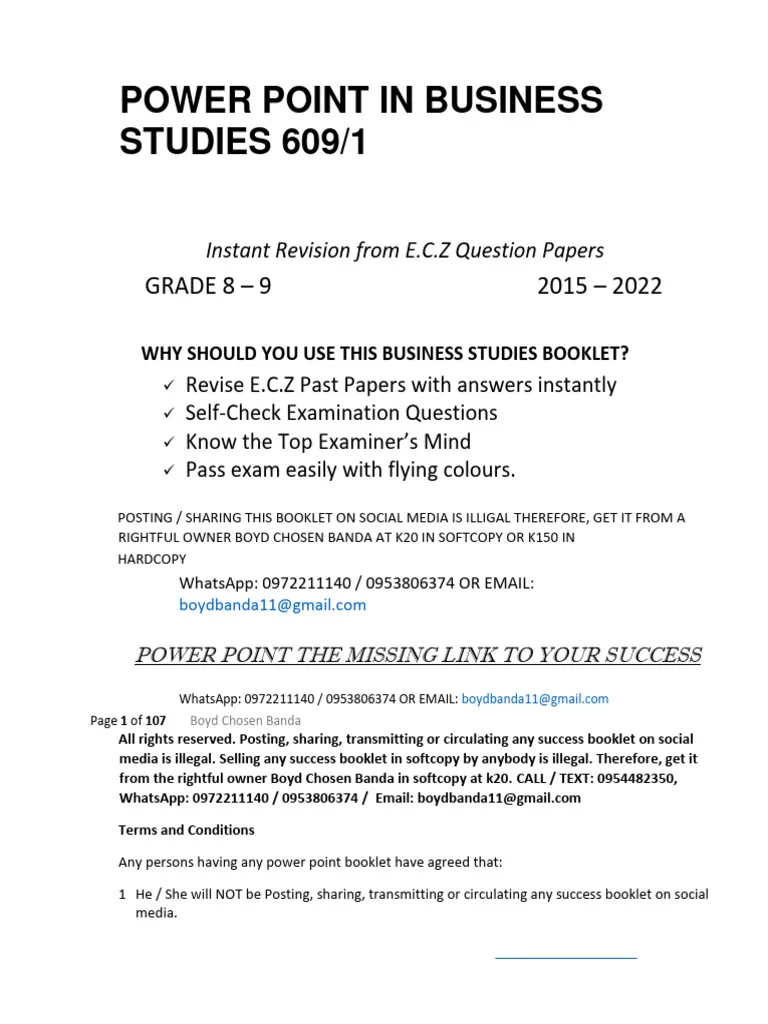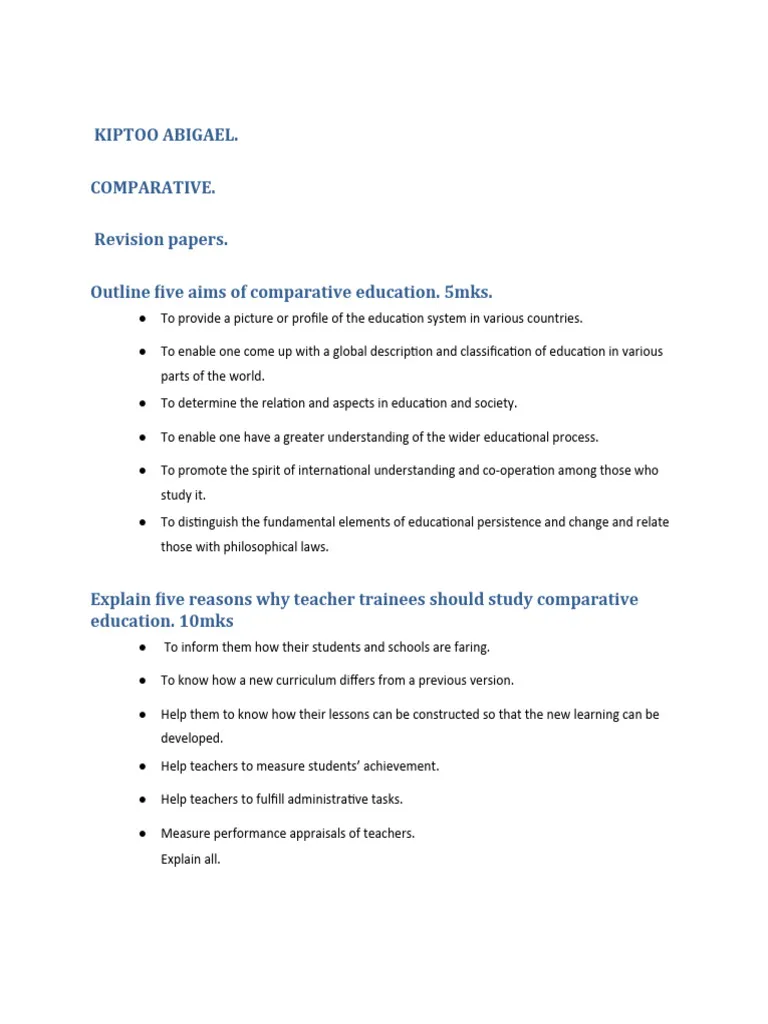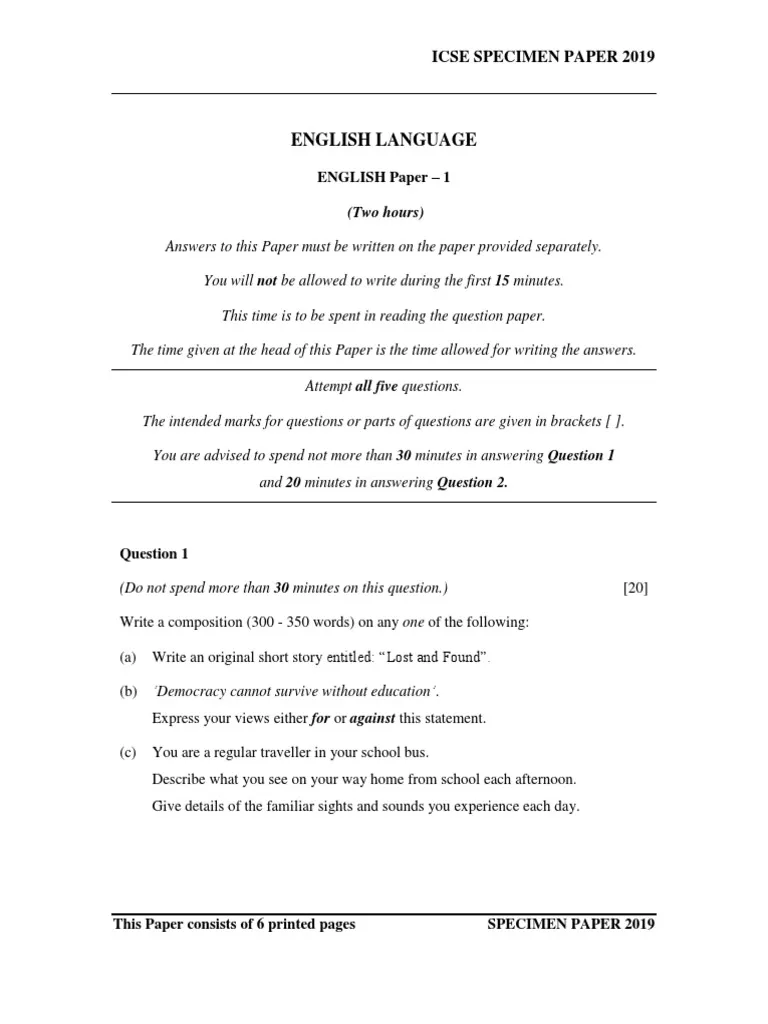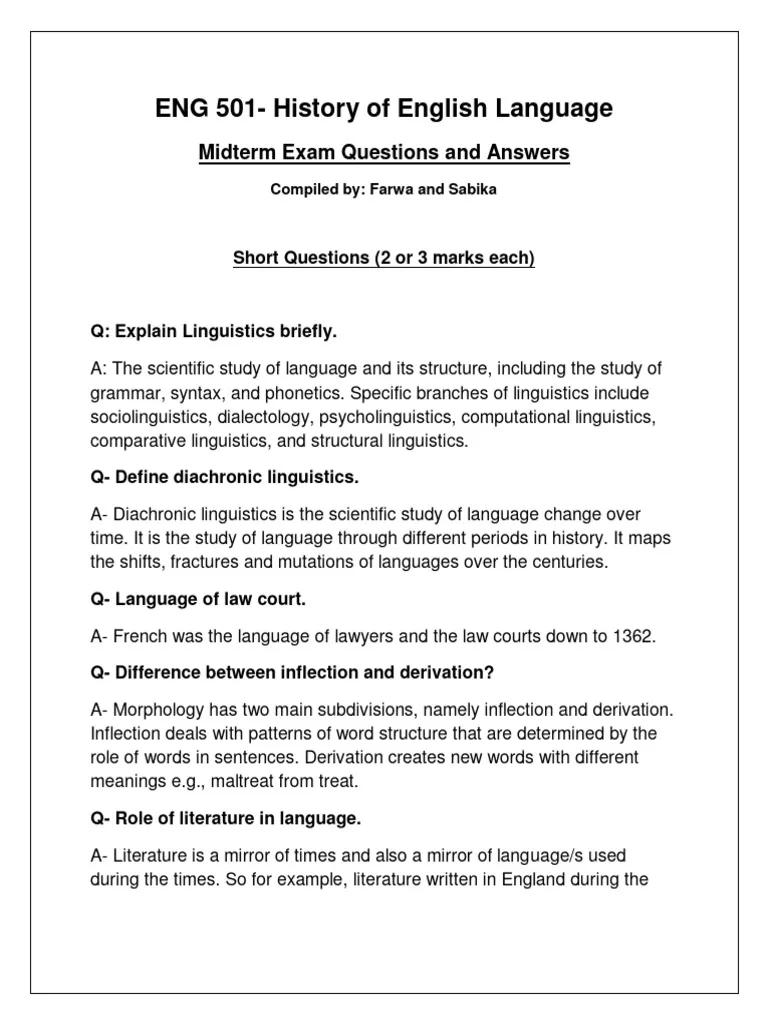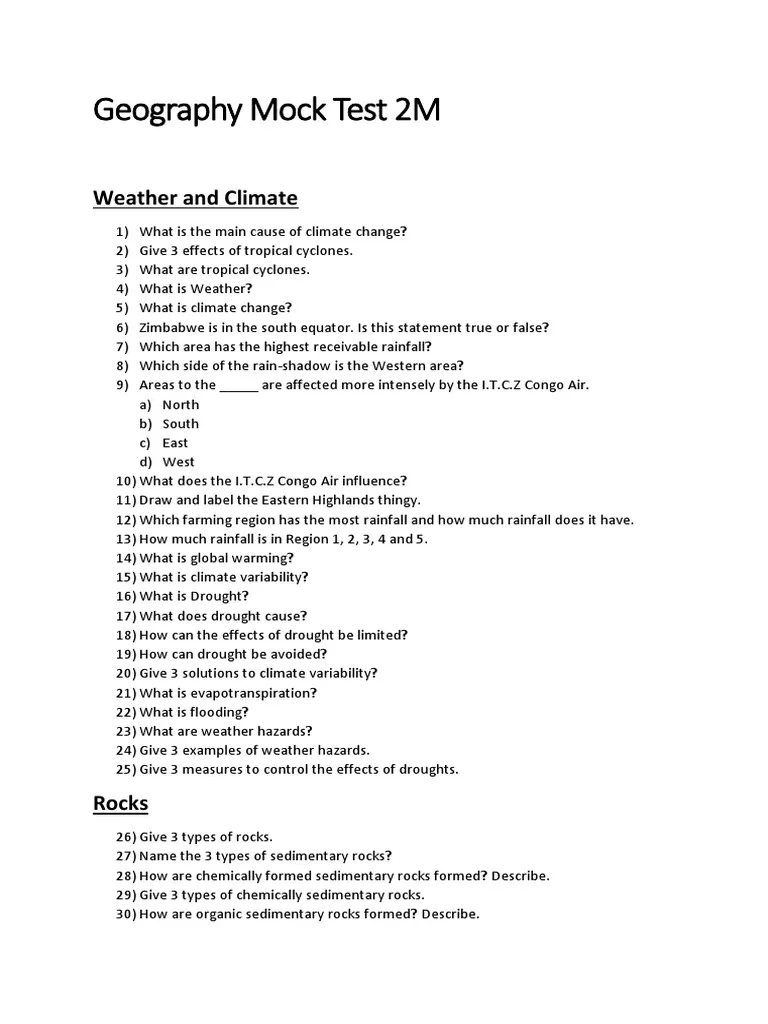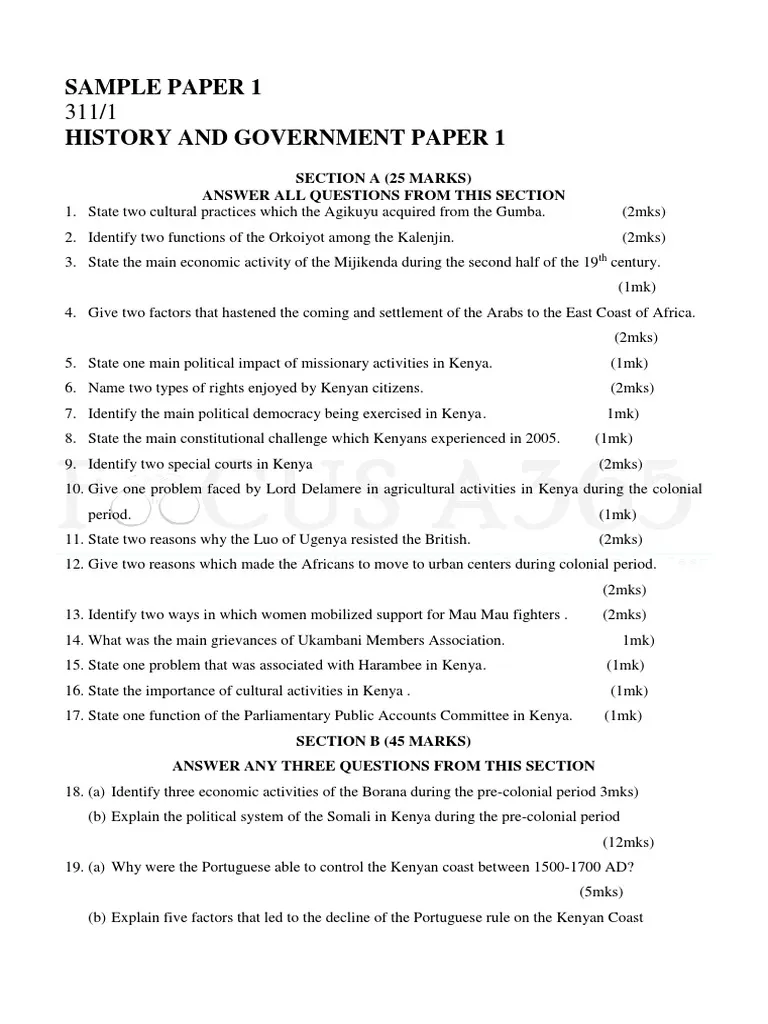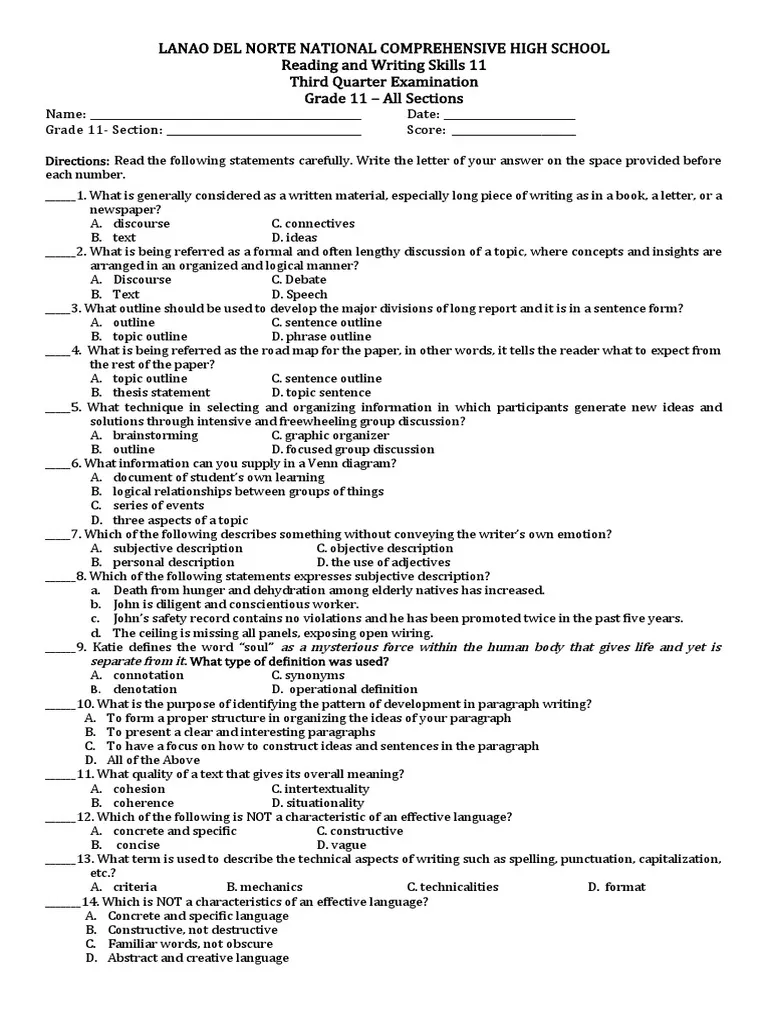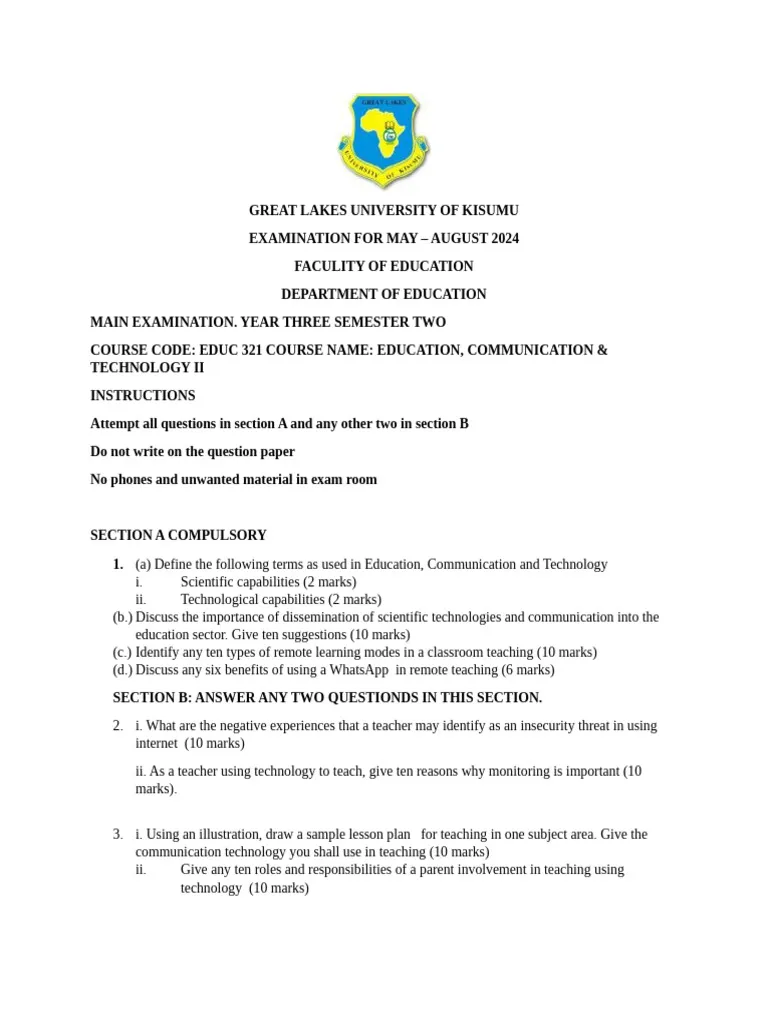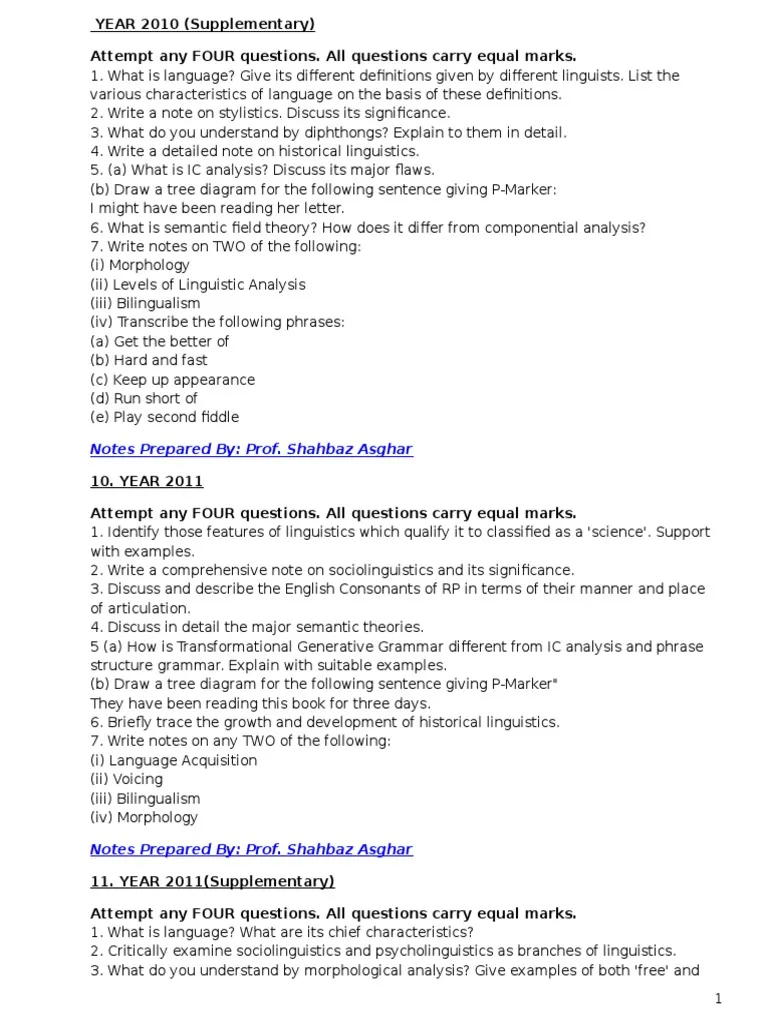Download Origin And Development Of English Exam Past Paper
What topics are covered in the Origin and Development of English exam?
The exam typically addresses a range of topics that explore the historical evolution of the English language. Key areas include:
Download Link
Origin-And-Development-Of-English-Exam-Past-Paper-Mpya-News
- Historical Background: Examination of the origins of English, including its roots in Germanic languages and the influences of Old English.
- Major Linguistic Shifts: Analysis of significant changes in the language, such as the Great Vowel Shift and the transition from Middle to Modern English.
- Influences on English: Study of the impact of Latin, French, and other languages on English vocabulary and syntax.
- Dialects and Variations: Exploration of regional dialects, sociolects, and the social factors affecting language variation in English.
- Standardization: Discussion of the processes that led to the standardization of English, including the role of printing and education.
- Contemporary English: Overview of current trends in English language use, including globalization, technology, and emerging varieties.
Why are past exam papers important for studying this subject?
Past exam papers are essential for several reasons:
- Familiarization with Exam Format: They help you understand the structure of the exam, including question types and expectations.
- Identifying Key Themes: Analyzing past papers can reveal frequently addressed topics and trends in the study of English, guiding your study priorities.
- Practice Application: They provide opportunities to apply historical and linguistic knowledge to practical questions, enhancing your analytical skills.
- Confidence Building: Working through past questions can boost your confidence and reduce anxiety as you prepare for the exam.
Where can I find past exam papers for this subject?
You can access past exam papers through various resources:
- Educational Institution Websites: Many universities maintain repositories of past papers available for student access.
- Academic Libraries: These often house archives of previous exams and related study materials.
- Online Educational Platforms: Websites specializing in educational resources may also provide access to past exam papers.
- Study Groups: Collaborating with peers can provide access to shared resources, including past papers.
What key topics should I focus on when studying?
When preparing for the exam, concentrate on the following key areas:
- Historical Development: Familiarize yourself with significant historical events and their impact on the evolution of English.
- Linguistic Changes: Understand major linguistic shifts and their implications for the structure of the language.
- Influences on Vocabulary: Study the sources of vocabulary expansion and the role of other languages in shaping English.
- Dialects and Standardization: Explore the effects of regional dialects and the processes that led to standard English.
How can I effectively use past exam papers in my studies?
To maximize the benefits of past exam papers, consider these strategies:
- Timed Practice: Simulate exam conditions by timing yourself while answering past questions to improve time management.
- Review and Reflection: After completing a past paper, critically review your answers to identify areas for improvement.
- Discussion with Peers: Engage in discussions with classmates or instructors to gain different perspectives on historical issues.
- Create Study Guides: Compile common questions from past papers into study guides for quick reference and revision.
Is understanding the origin and development of English important for students?
Yes, understanding this field is crucial for several reasons:
- Cultural Literacy: It provides insights into the historical and cultural contexts that shaped the English language.
- Linguistic Awareness: Knowledge of language evolution enhances awareness of current linguistic issues and trends.
- Critical Thinking: Engaging with these topics fosters critical thinking and analytical skills.
Should I prioritize studying history or linguistic theory?
Both historical context and linguistic theory are essential:
- Historical Background: A solid grasp of history provides foundational knowledge for understanding language evolution.
- Linguistic Theory: Understanding linguistic principles enhances your comprehension of language structure and use. Aim for a balanced approach in your studies.
Can studying past papers alone prepare me for the exam?
While past papers are a valuable resource, they should be complemented with broader reading and engagement with course materials. Explore textbooks, academic journals, and other educational resources for a well-rounded understanding of the subject. This comprehensive approach will optimize your exam preparation.
